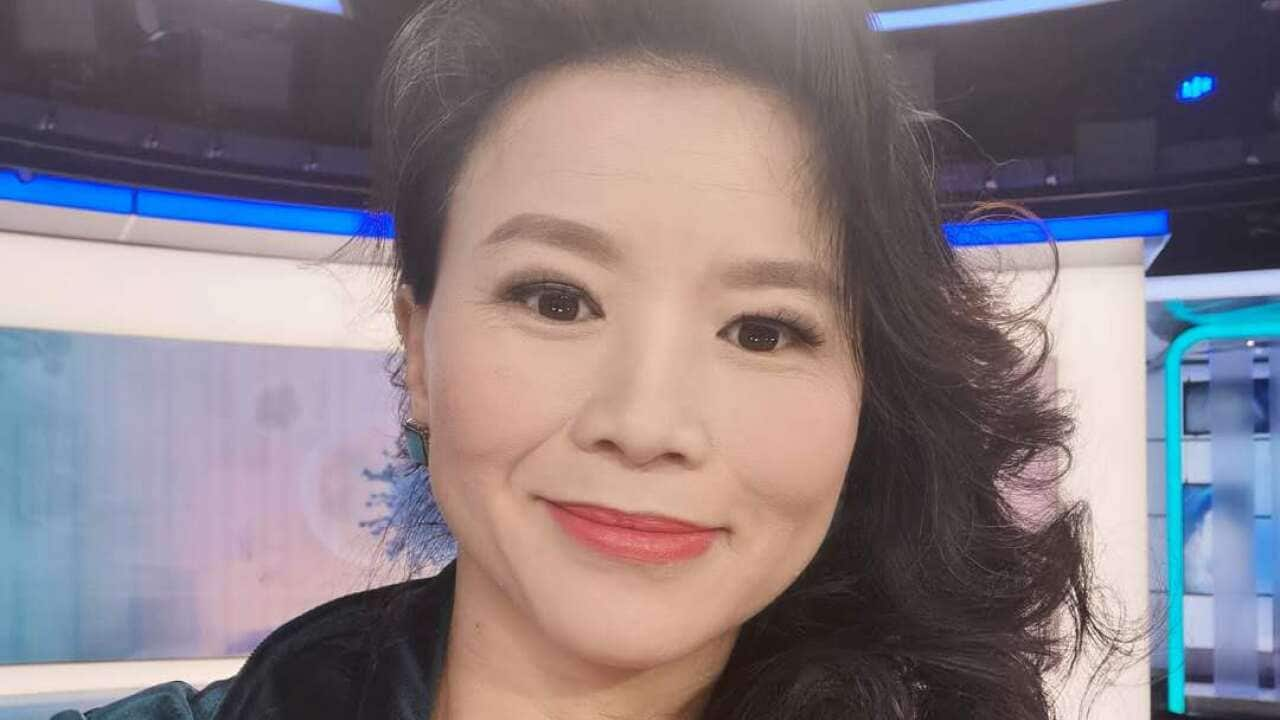A 10 square metre cell with no window, a mattress on the floor, lights that are never turned off and constant surveillance by secret service officers; these are the conditions could be facing while she is detained in China.
Earlier this week, China’s foreign ministry revealed that the prominent television presenter was being held on suspicion of “national security” offences, .
Sydney academic Chongyi Feng, who himself was detained by Chinese authorities in a Guangzhou hotel for a week in 2017, says this type of detention is reserved for the most high-level investigations. “It’s a very notorious form of detention. It can be regarded as the worst one around the world nowadays,” Dr Feng, an associate professor in China studies at the University of Technology Sydney, told SBS News.
“It’s a very notorious form of detention. It can be regarded as the worst one around the world nowadays,” Dr Feng, an associate professor in China studies at the University of Technology Sydney, told SBS News.

Dr Feng Chongyi reunites with his daughter after being detained in China. Source: Supplied
“The Chinese authorities created [it] to deal with political dissidents and other government officials who are put under detention, to shield from the outside world at a facility run by the secret police to extract a confession.”
The details of why Ms Cheng, who worked for Chinese state broadcaster CGTV, has been detained are still unclear, with Chinese officials only stating she is “suspected of carrying out illegal activities endangering China’s national security”.
The Department of Foreign Affairs and Trade (DFAT) have declined to comment on the case, citing privacy obligations.
Dr Feng warned that Chinese authorities usually used “all forms of very skilful, delicate torture” to extract a confession or information from detainees, adding that at least two guards could be in the room with Ms Cheng 24 hours a day.
“Eating, sleeping, shower, going to the toilet, everything is done within that room,” he said.
“Interrogation can last for a whole day … so it's solitary confinement to create huge psychological pressure.”
Despite being subjected to a significantly less-severe form of detention, Dr Feng said he still underwent long periods of interrogations and was requested to undertake a lie detector test. He is unable to reveal the details of his detention.
Australian writer Yang Hengjun has been held in the same type of detention as Ms Cheng for more than 19 months, also charged with broad national security offences.
There are concerns Ms Cheng will face an equally-long ordeal, with Dr Feng stating it is unlikely she will be released in the short-term as China appears to be treating the investigation as a “major case”.
She may also be denied access to a lawyer for months due to the nature of the allegations. Australian officials were last permitted a virtual consular visit on 27 August. A similar half-hour meeting with Australian consular officials will likely be allowed once a month, Dr Feng said.
“But unfortunately, during that visit, the topic is screened by the Chinese authorities,” he said.
“It doesn’t allow the authorities to say anything about the case, or Cheng Lei to talk about the case itself, they only talk about issues with living conditions.
“It does provide an opportunity for the outside world to know the mental or physical condition of her, if her family or the Australian government are prepared to take some risk to disclose this situation.”
Tensions between China and Australia have skyrocketed following the announcement of Ms Cheng’s arrest.
Earlier this week, the last remaining after they were questioned in relation to the investigation into Ms Cheng.
A day later, Chinese state-media accused Australia of “hypocrisy”, detailing allegations of raids on four Chinese journalists in Australia in late June.
Hours later, , calling on Australia to “stop blatant irrational behaviours, stop harassing and oppressing Chinese personnel in Australia under whatever pretext".
On Friday, Chinese authorities remained on the attack, accusing the government of interfering with the police investigation into Ms Cheng by sheltering ABC foreign correspondent Bill Birtles and the Australian Financial Review’s Michael Smith in its embassy while they were wanted for questioning.
Trade Minister Simon Birmingham on Friday defended the embassy’s actions on ABC News, stating they “provided appropriate protection to those two journalists”.
“Ensuring they could safely leave China, but also engaging appropriately with Chinese authorities to negotiate an outcome that did provide the opportunity for those journalists to be interviewed by Chinese authorities before they left the country,” he said.












